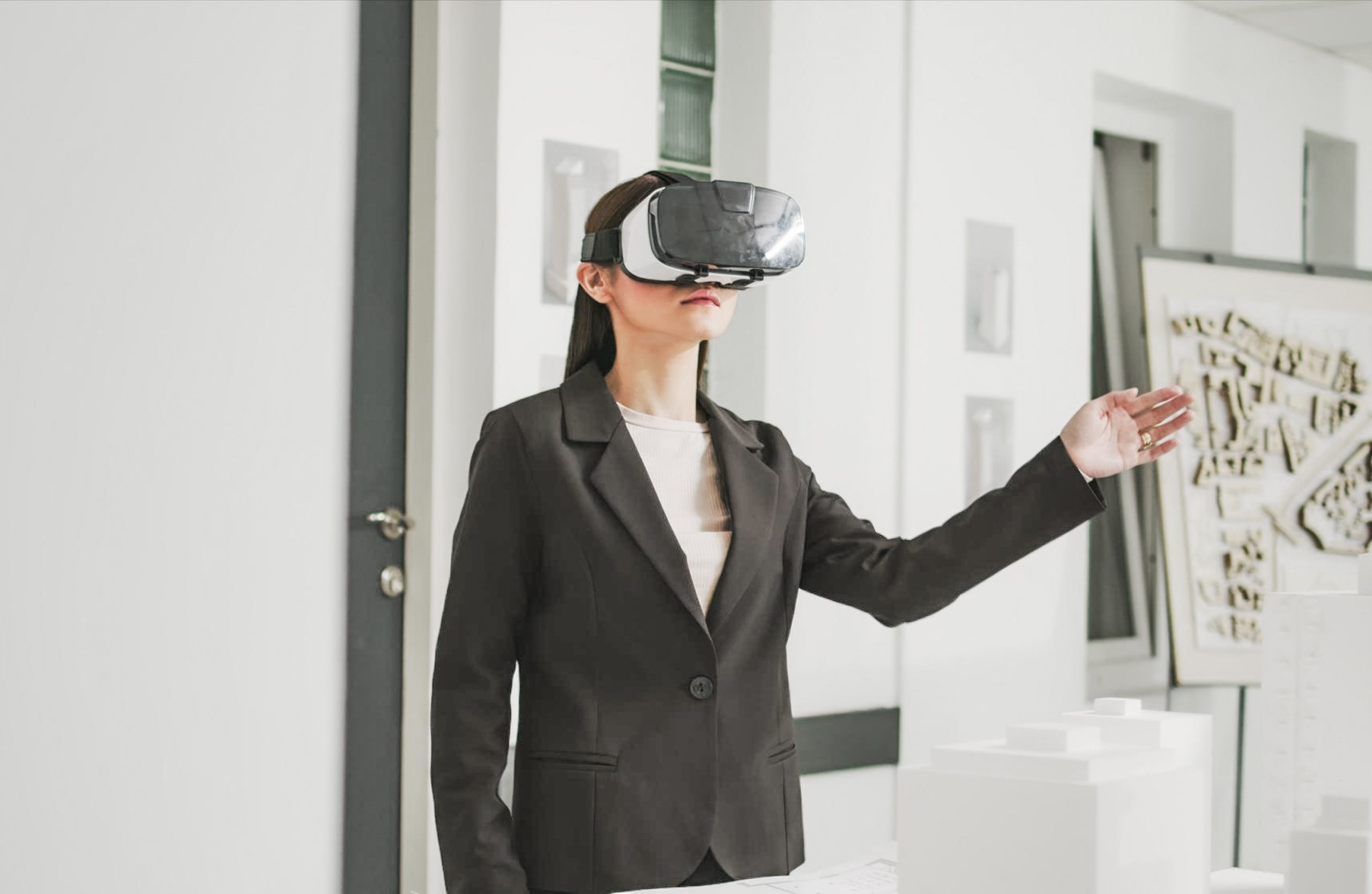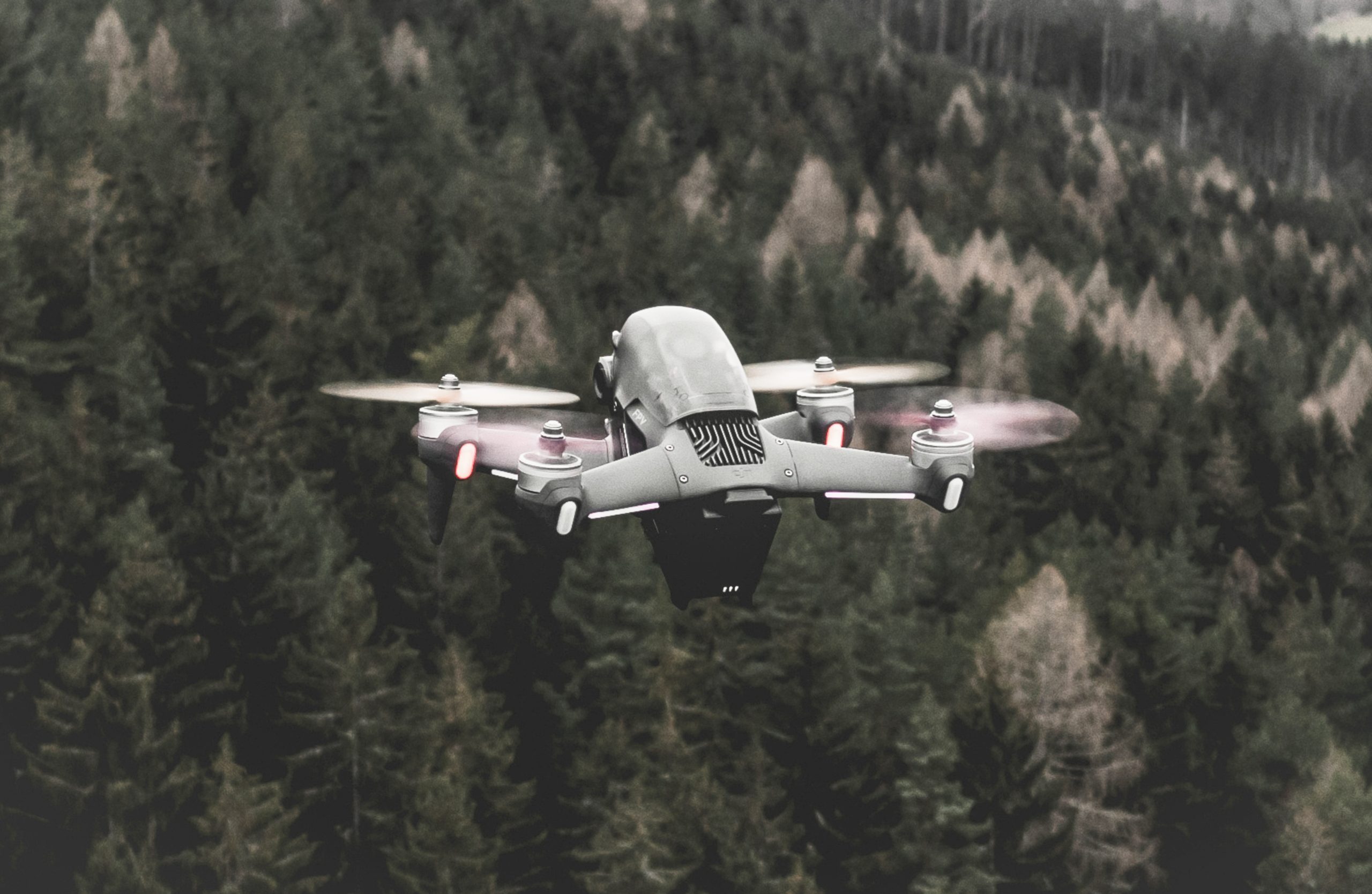
IoT-Enabled Smart Cities: Revolutionizing Urban Living
Introduction: The Internet of Things (IoT) is transforming urban environments into smart cities by integrating advanced technologies that improve infrastructure, public services, and overall quality of life.
Technological Developments:
- Smart Sensors: IoT sensors monitor various aspects of city life, including traffic flow, air quality, and energy consumption. These sensors provide real-time data that informs city management decisions.
- Connected Infrastructure: Smart streetlights, waste management systems, and public transportation are interconnected through IoT, enabling efficient operation and management.
- Data Analytics: Advanced analytics platforms process data from IoT devices to provide insights and support decision-making for city planners and administrators.
Applications in Smart Cities:
- Traffic Management: IoT sensors monitor traffic conditions and optimize signal timings, reducing congestion and improving transportation efficiency.
- Public Safety: Connected surveillance and emergency response systems enhance security and enable faster responses to incidents.
- Environmental Monitoring: IoT solutions track pollution levels, waste management, and energy usage, contributing to a cleaner and more sustainable urban environment.
Impact: IoT-enabled smart cities improve operational efficiency, enhance public services, and create a more sustainable urban landscape. By leveraging real-time data and advanced analytics, smart cities provide a better quality of life for residents and support efficient city management.








